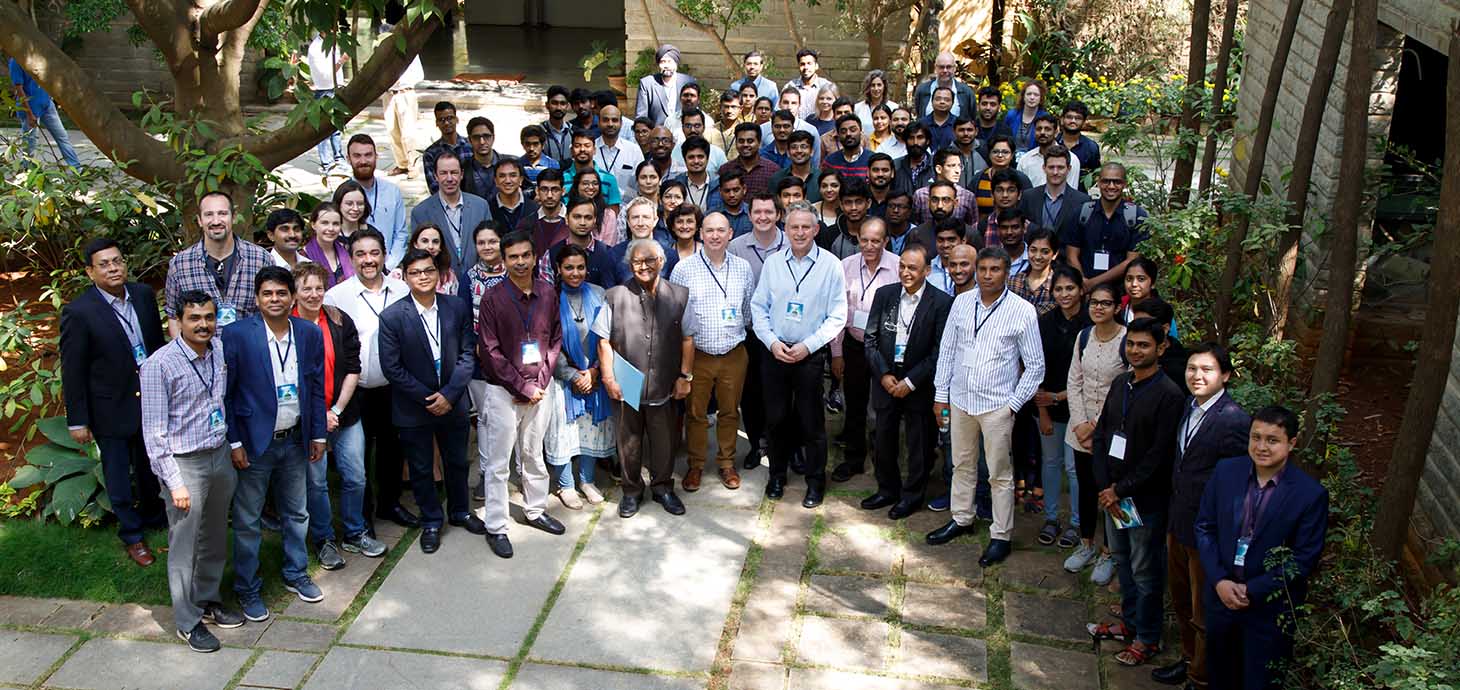These articles are now archived and will no longer be updated.

SUNRISE has been shortlisted for ‘International Collaboration of the Year’ in the 16th annual Times Higher Education (THE) Awards.
Led by Swansea University, SUNRISE is an international project that aims to address global energy poverty through the development and demonstration of next-generation solar technologies.
The SUNRISE network unites several leading universities and industrial collaborators from the Global South in a transdisciplinary research collaboration. This international network will develop and implement the technology necessary to build a minimum of five solar-powered building demonstrators in rural India.
In two years, SUNRISE has built up a network of 15 academic partners across the UK and Global South, published over 50 research papers, and produced 40 research collaborations. The award has been a welcome recognition of two year’s hard work and will help the project to continue making strides in global, challenge-led research.
The Times Higher Education Awards are the year’s biggest celebration of UK higher education, recognising excellence across a wide range of university activity. The ‘International Collaboration of the Year’ category awards exceptional projects or joint ventures carried out between a UK institution and one or more international partners.
Because of the coronavirus pandemic, this year’s award winners will be announced during a free virtual event on 26 November.
Dr Adrian Walters, SUNRISE Programme Director said:
“The shortlisting for the Times Higher Education Awards is an exciting achievement for the project and recognises the strength of the collaborations we have forged in the space of two years.
“Despite the last few months being difficult for everyone, we have managed to maintain this collaboration between our partners and across a variety of disciplines. This global network is essential if we want to deliver affordable, reliable and sustainable energy to remote regions of the world.”
